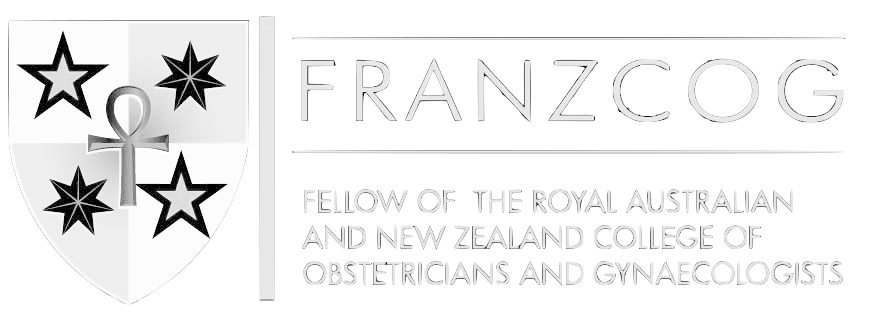Ovarian Cysts
Cysts can be benign (non-cancerous) or cancerous. Depending on presentation, age of the women, time of her menstrual cycle, a cyst could be nothing but a sacs filled with fluid that develop in the ovaries. Cysts sometimes are formed when the follicle that contains an egg fails to break and release the egg out of the ovary, resulting in accumulation of fluid and sometimes blood in the follicle.
Cause of Ovarian Cysts
Some of the risk factors for cyst formation include heredity, early menstruation, irregular menstrual cycles, excessive upper body fat distribution, and hormonal imbalance.
Symptoms of Ovarian Cysts
Ovarian Cysts usually do not cause any symptoms, but you must visit Dr Alexander if you observe swelling or bloating of the abdomen, experience pain during bowel movements, pelvic pain, severe pain leading to nausea and vomiting, and pain in the pelvis region before or after the menstrual period begins.
Treatments for Ovarian Cysts
Some cysts will disappear by themselves and some cysts that are large will require treatment.
Treatment options include non-surgical and surgical treatment. The non-surgical treatment includes:
Birth control pills help to decrease formation of new cysts and prevent the formation of eggs that will become cysts.
Non-steroidal anti-inflammatory drugs such as ibuprofen and acetaminophen help to relieve pain.
Surgery will be recommended to remove the cyst if its size exceeds 7 to 10 cm in diameter causing pain and discomfort, or even to remove the whole ovary if they are highly suspicious to be malignant. Laparoscopy surgery ( keyhole surgery ) to remove the cysts is usually performed, sometime laparotomy ( open abdominal cut ) is necessary.







